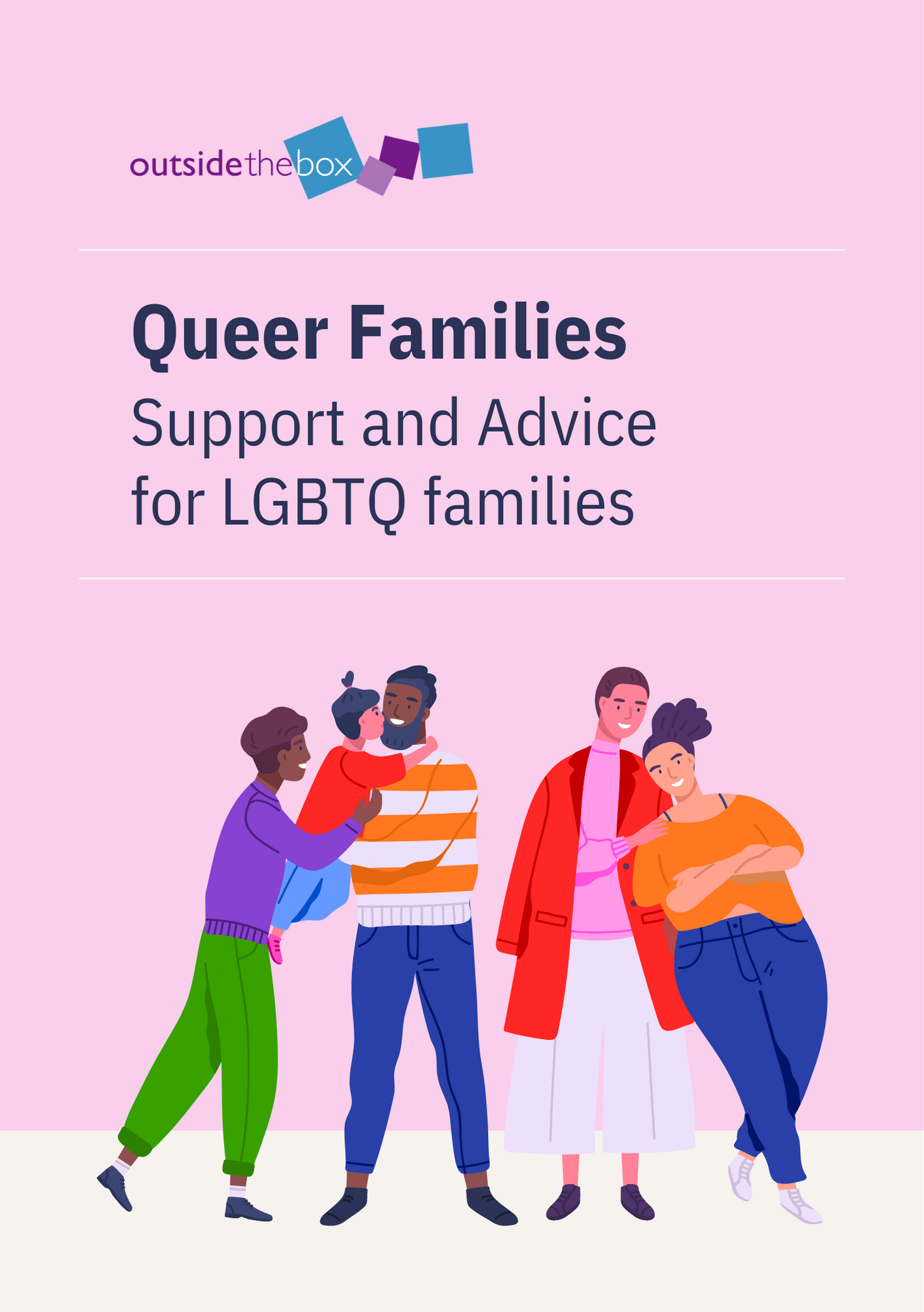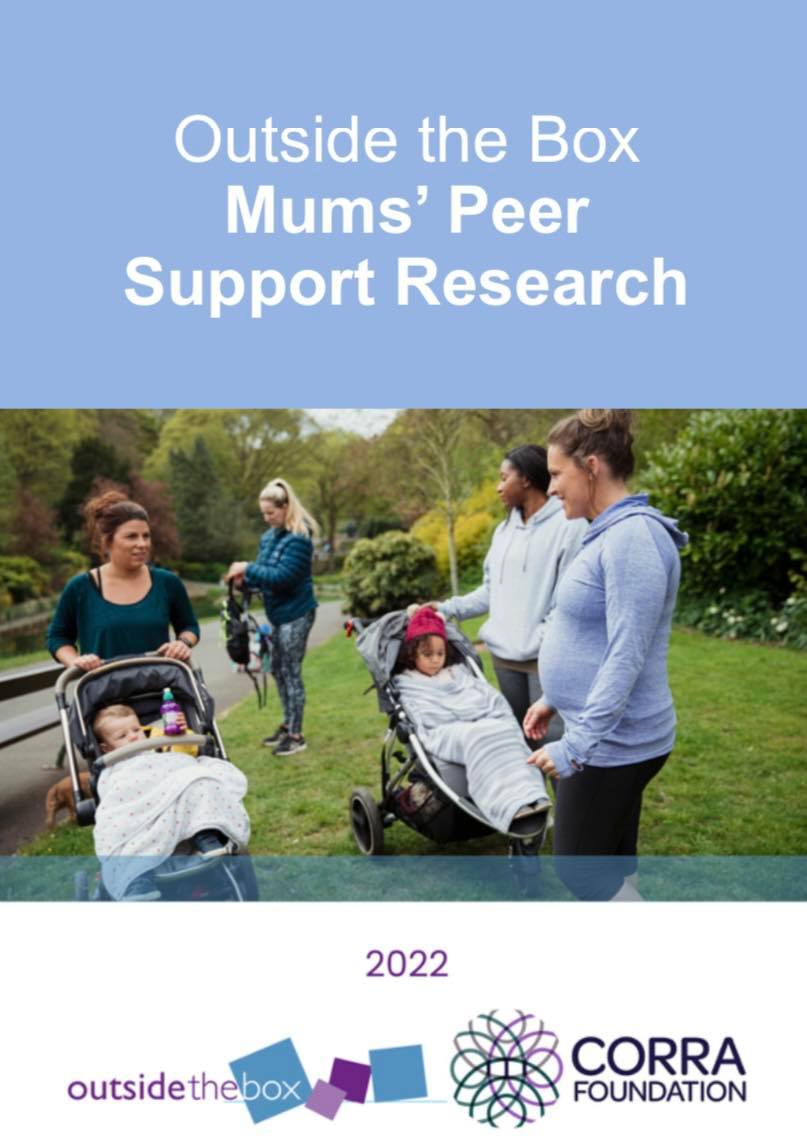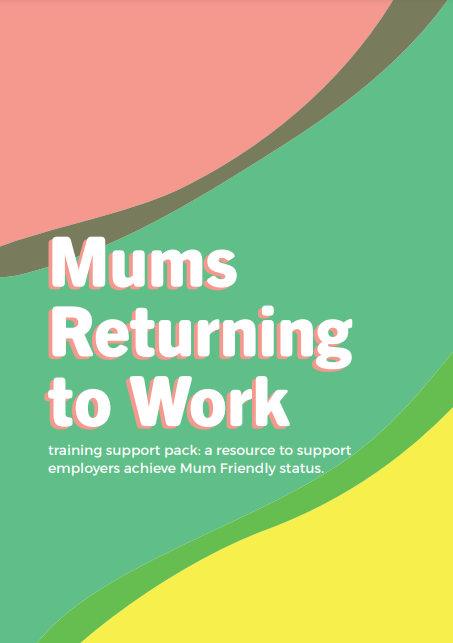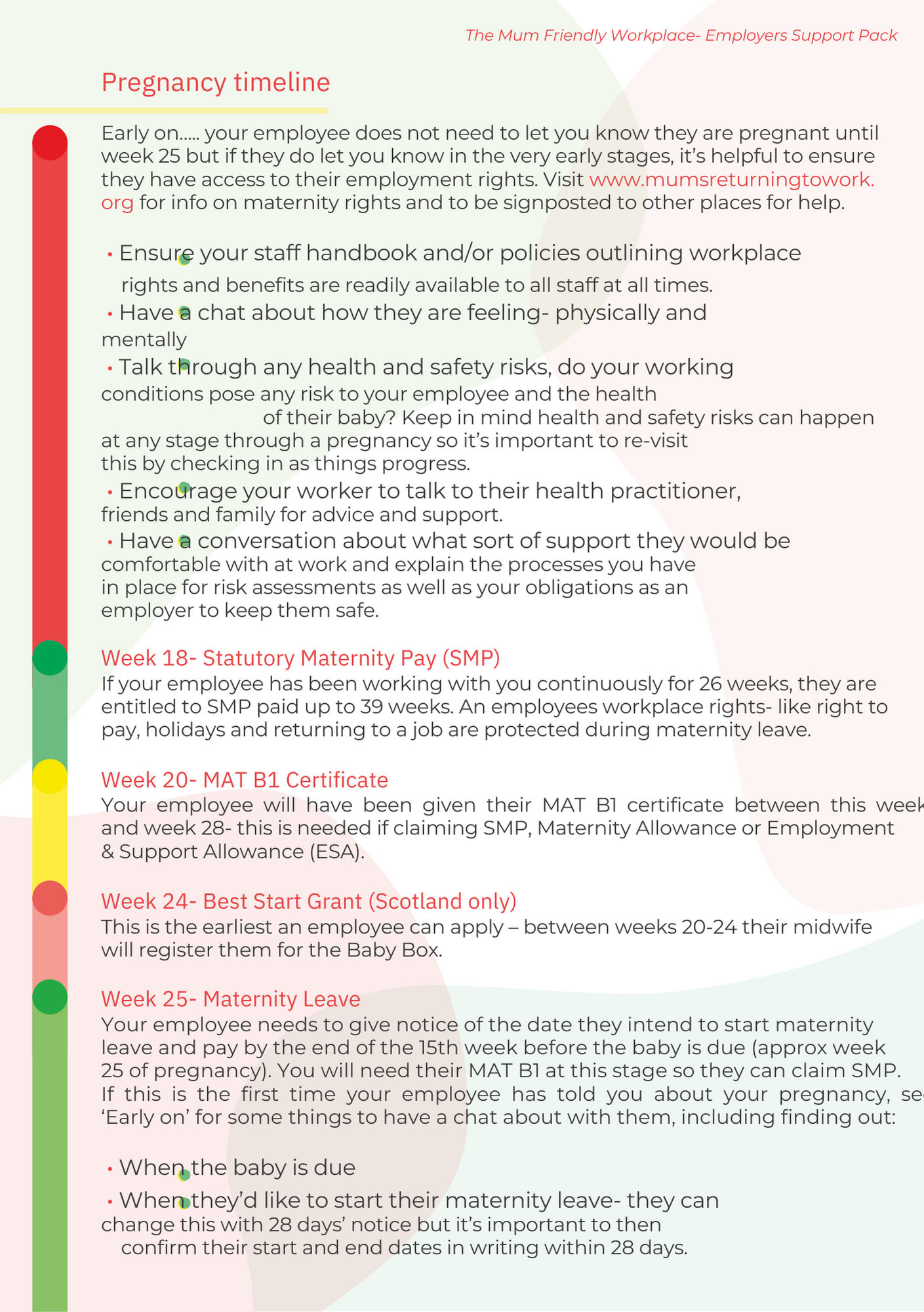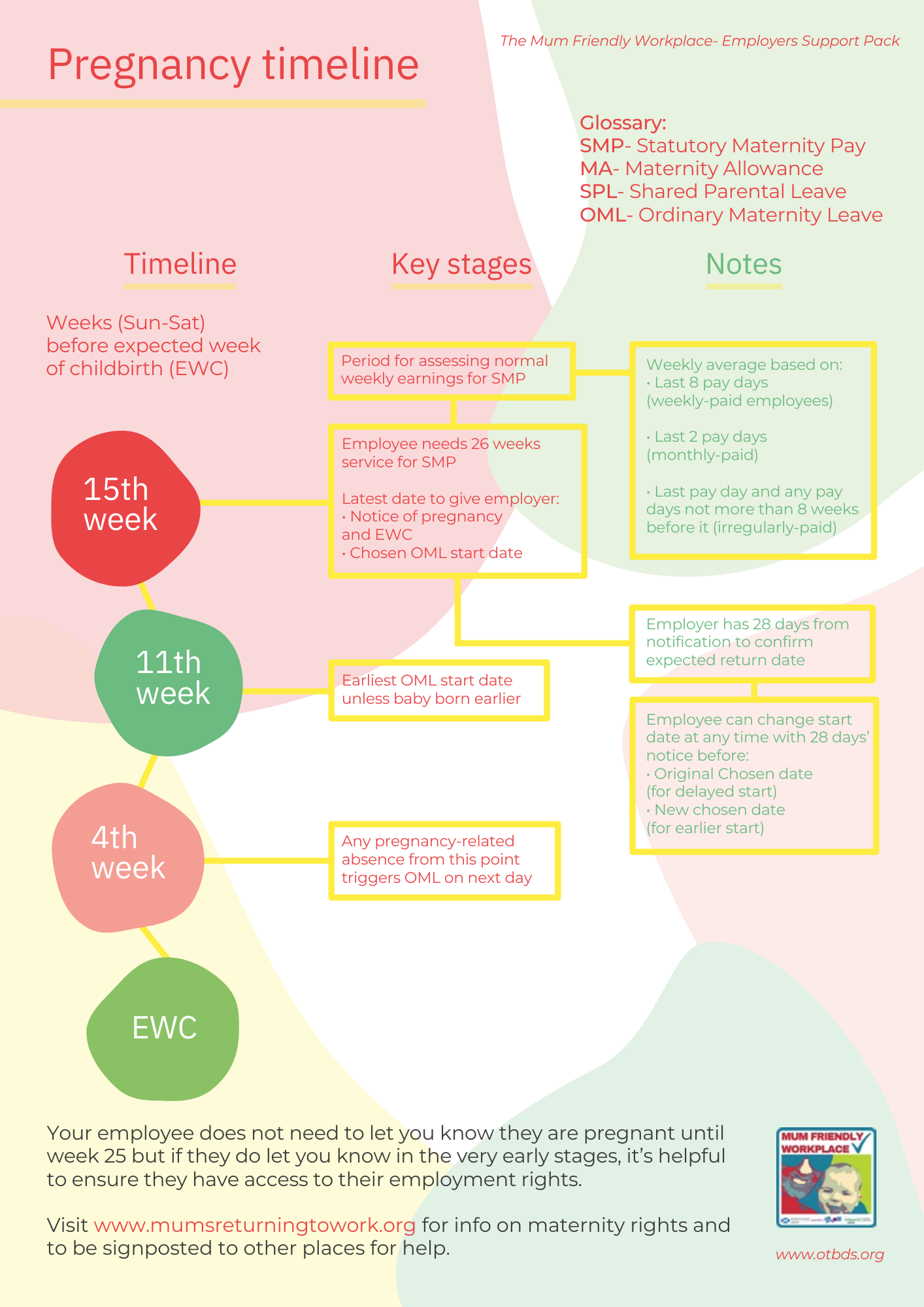Families Supporting Families
Families Supporting Families started in 2016. The families we work with across Scotland are diverse and different. Families can need different support at different life stages. So, we work with families in a range of ways to help them increase their skills and confidence for setting up supports that make a difference to them.
Peer support is one of the key approaches we find is most helpful to families, to enable people get access to information and practical support that matters to them as well as having a safe space to make new friendships.
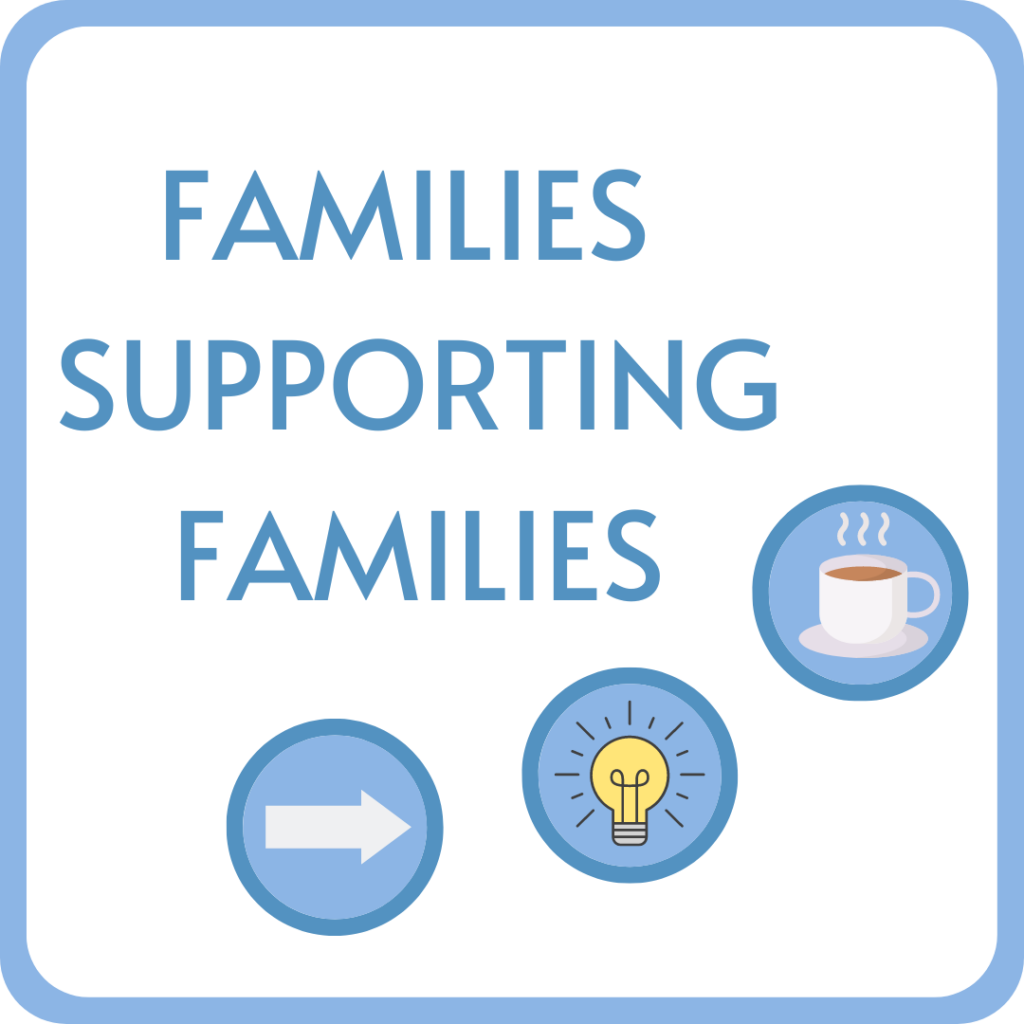
What we're doing
LINKS Eyemouth: Linking Ideas for Nourishment Knowledge and Support (LINKS) Eyemouth, peer support group continues to work with other local partners to organise fun, sociable healthy eating sessions for disadvantaged or low- income families in the Eyemouth area. The projects has created a space for people to come together – both digitally and in person- using healthy food as a way to build these connections for wellbeing. The project has worked with over 300 families, providing an alternative option of accessing healthy food in a social way without having to rely solely on the local foodbank.
Queer Families: Continues to run its monthly peer support sessions in the Southside of Glasgow. The group have also hosted a series of digital events, including events focused on perinatal mental health as a means of sign-posting, raising awareness and increasing people’s support networks. We have been working with parents and services to co-produce our resources: Advice and Support for LGBTQ Families and Hints and Tips for Services working with LGBTQ families. These have been well received and shared widely on social media. Paper copies are now stocked in a local LGBTQ bookshop and have been requested by Book 28 Queer Library Service in London, Glasgow Mutual Aid, Small Trans Library Glasgow, Rumpus Room and LGBT Health and Wellbeing.
Mums Peer Support research: We have produced a much-needed assessment of the impacts of informal peer support for mums and their children at different life stages. The report highlights the gaps in provision, inclusion and access – including for mums living rurally.
We hope our findings will be shared more widely to help other workers, mums’ groups and local authorities understand how informal peer support can work to support the mental wellbeing of mums and families.
The impact it's having so far
Children’s Human Rights
Child rights are human rights: they are a list of things that all people- including children and young people need in order to live a safe, happy and healthy life.
“Human rights are the basic rights and freedoms that belong to every person in the world simply because they are human.”
The United Nations Convention on the Rights of the Child (UNCRC) builds on other human rights: the Charter of the United Nations (1945) and the Universal Declaration of Human Rights (1948)- both of which recognise that dignity and equality are the foundations for a healthy society.
For more information on the UNCRC visit: UNCRC Articles Archive – The Children and Young People’s Commissioner Scotland (cypcs.org.uk)
For the Scottish Government UNCRC training tool and information on the Child Rights Wellbeing Impact Assessments visit: Introduction to children’s rights: training tool – gov.scot (www.gov.scot)
At Outside the Box, we practice human rights across all the work we do. We do this by treating people and their communities with dignity and respect, using language around rights that is accessible and informed by people’s everyday experiences. We embed a range of human rights approaches so that we can reach as many people as possible.
Broadly we do this using PANEL:
Participation: We promote and support diversity and inclusion, using a range of ways for people to take part on their own terms. We involve people in the decisions we make as an organisation and with the communities and partnerships we work with.
Accountability: Our work with communities and as an organisation monitors how people’s rights are being affected in an everyday context and we create channels for actions and solutions when issues arise. We report on this via our funding networks and feedback to communities.
Non-discrimination: As an organisation all of our work is about ensuring people are being treated fairly without discrimination, we often work with groups who face the biggest barriers to realising their rights.
Empowerment: We create safe spaces for people to come together to lead their own agenda for self-empowerment. We fully support people to understand their rights in an everyday context so that they are real, in accessible language and encourage them to link these with relevant policy and practices that affect their lives.
Legality: we support groups to work in collaboration with public bodies and services who have a duty to uphold people’s rights in their communities for increased co-production on rights based approaches.

